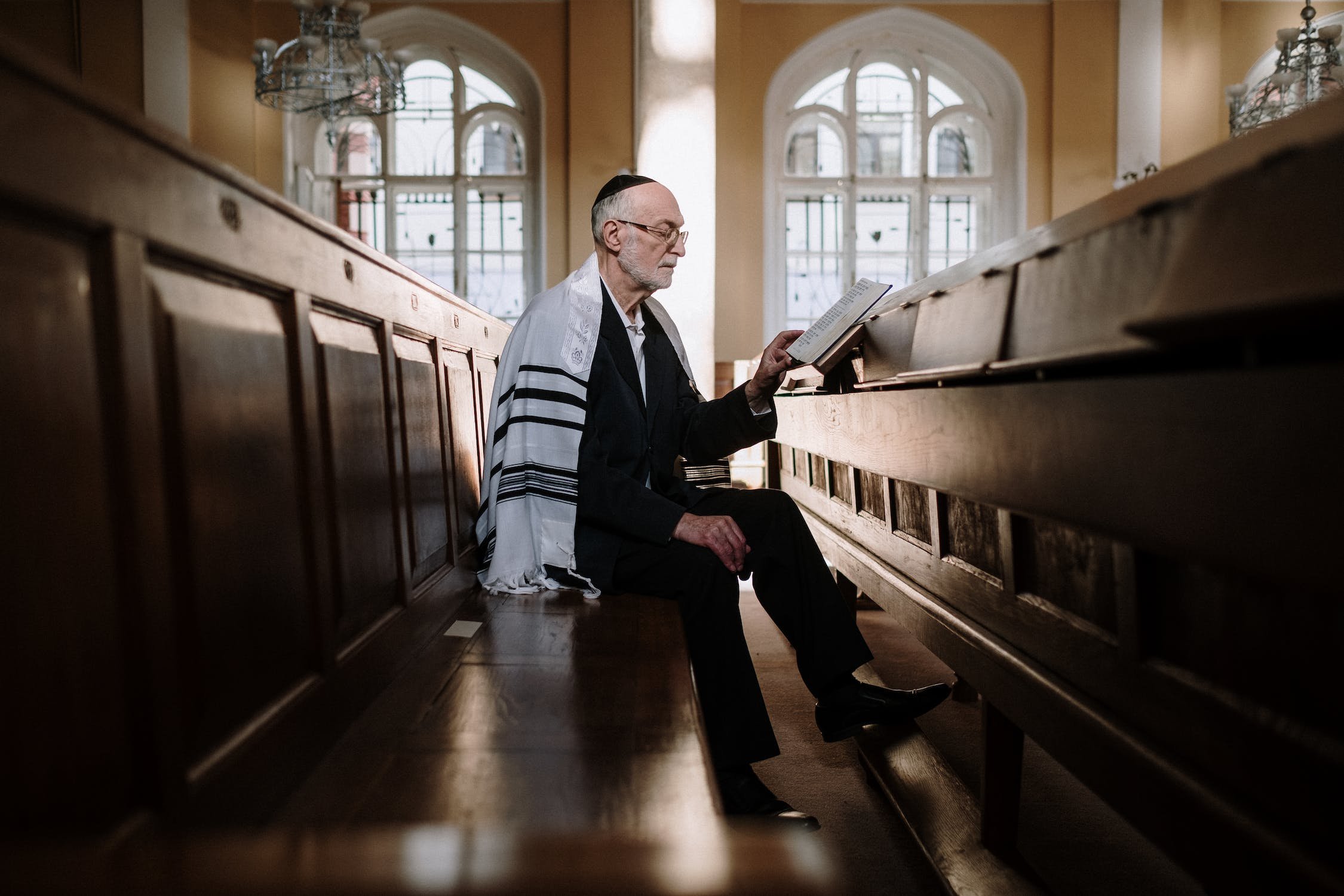Hooked up to multiple machines and attended around the clock by nurses at a hospice center outside Orlando, Florida, Janet Pedersen, 93, believes she is living her final days.
The child of Danish Lutheran immigrants, Pedersen is rather stoic, “proud,” she says, “to have seen it all”: the Great Depression, World War II, the Cold War, the Civil Rights Movement, Reaganomics (she’s got opinions), even angels.
When asked about the angels, Pedersen said, “They are here at my bedside even now, watching over my path to heaven.
“They’ve been with me my whole life,” she said.
Pedersen is one of an estimated 16.79% of the U.S. population over the age of 65, according to the 2020 Census. And though she may not have long to live, many of the more than 55 million older persons in the U.S. will continue to impact politics, culture and religious traditions for years to come.
In the latest ReligionLink source guide, we provide stories, statistics and sources for you to cover religion from the perspective of an aging population, with a particular emphasis on how religion affects older adults and how they, in turn, shape American religion.

